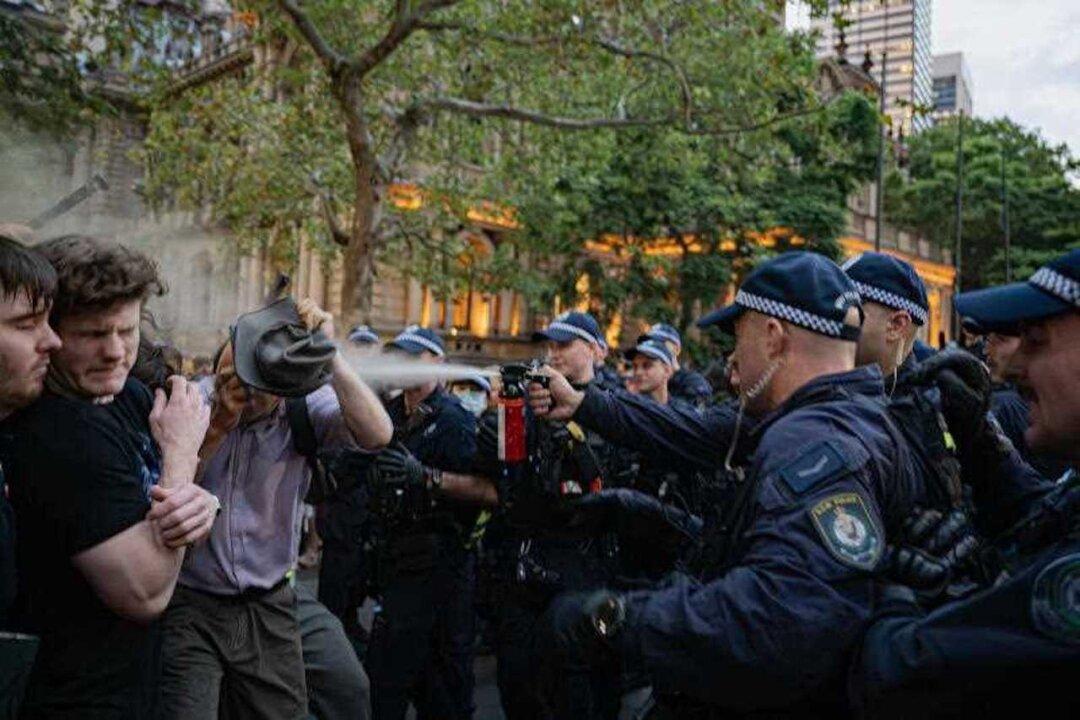Star Entertainment admits it wasn’t fully upfront with Queensland regulators when it changed a policy in order to conceal $55 million in prohibited gambling transactions from a Chinese bank.
The casino operator allowed China UnionPay cardholders to withdraw cash to bet at its Brisbane and Gold Coast casinos but recorded those transactions as “hotel purchases” with National Australia Bank.





